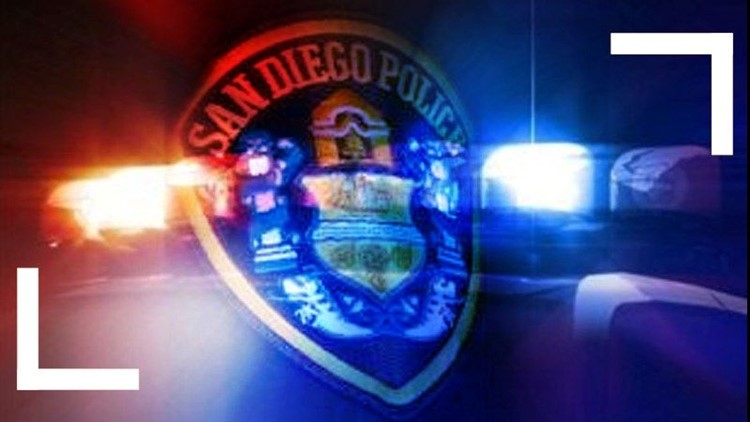SAN DIEGO (CNS) - San Diego Police Department officials provided an overview on Monday of the department's Neighborhood Policing Division, which was created to more efficiently alleviate "quality of life" community issues related to homelessness.
The most common chronic "nuisance" crimes include public alcohol and narcotics use, as well as public intoxication, SDPD Assistant Chief Paul Connelly told the City Council's Select Committee on Homelessness. Other offenses include graffiti, bike thefts, vehicle break-ins, prostitution and aggressive behavior, as well as public urination and defecation.
The Neighborhood Policing Division was created March 10 to centralize SDPD resources and standardize responses to complaints from community members and business owners.
Pre-existing Homeless Outreach, Quality of Life, Walking and Psychiatric Emergency Response teams now serve under one chain of command within the new division. An investigative team and neighborhood prosecutor are also being added, and an analyst will be hired for data collection and statistical reporting.
The division is split into two sections: outreach and enforcement.
The Outreach Section is comprised of the Homeless Outreach and Psychiatric Emergency Response teams.
Outreach personnel attempt to connect homeless individuals with services, including shelter, hepatitis A vaccinations, mental health or addiction treatment and other medical aid.
Many homeless individuals don't initially accept services, Connelly said.
"The way to overcome that is by continuing to contact the same individuals over and over again to build those trust-based relationships ... Once that trust is formed, we see people experiencing homelessness are more willing to try or accept services," he said.
Officers also conduct weekly outreach at strategic locations and contact incarcerated homeless people in an attempt to connect them with resources after they're released.
The Neighborhood Policing Division's Enforcement Section, meanwhile, addresses neighborhood concerns, prosecutes repeat offenders and collaborates with other departments and organizations to clean debris from streets, canyons, parks and highways.
In terms of protocol, Connelly said officers are trained to generally offer warnings the first two instances they respond to an individual. A citation may be issued the third time, then the fourth occurrence may result in arrest.
"It's a very progressive approach," Connelly said. "...All through that process, we're offering services and hoping that person accepts them and gets the resources they need."
Outreach officers only make arrests in situations where they "absolutely have to," Connelly said.
Committee Chairman Chris Ward wondered whether more outreach should be conducted by non-law enforcement personnel, such as county psychiatric emergency response clinicians.
Connelly said Mayor Kevin Faulconer's office is working to request more clinicians for the SDPD, but outreach often occurs in areas not safe for social workers without a law enforcement presence.
"We do believe it's necessary to be involved, though we don't mind taking a secondary role," Connelly said.
San Diego Police Department outlines new Neighborhood Policing Division
San Diego Police Department officials provided an overview on Monday of the department's Neighborhood Policing Division, which was created to more efficiently alleviate "quality of life" community ...



